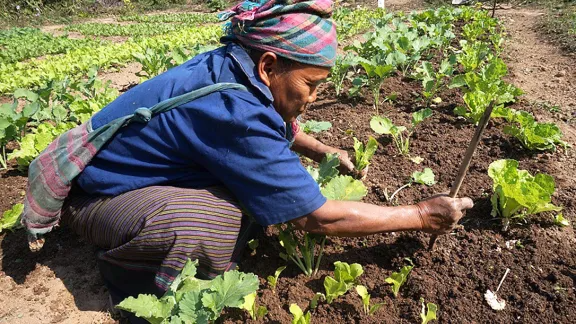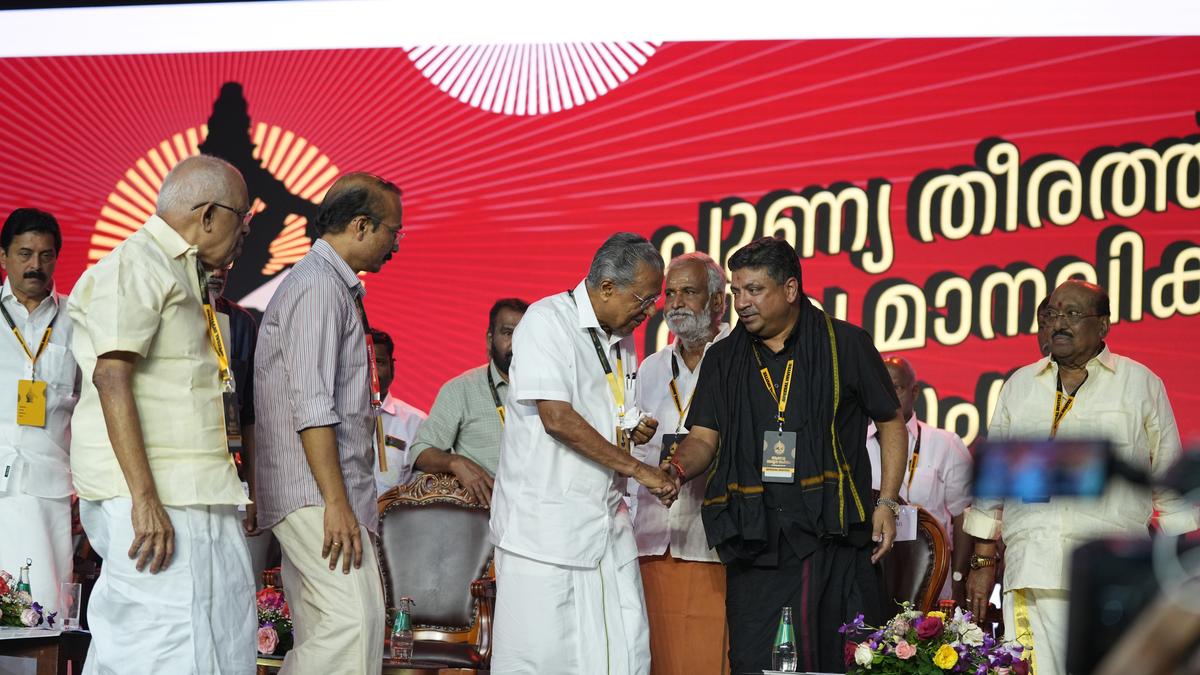By Alimat Aliyeva,Google Inc
Copyright azernews

by Alimat Aliyeva
The inaugural Lao National Youth Forum, themed “Youth-Led
Climate Smart Agriculture and Climate-Resilient Food Systems,”
kicked off on Wednesday in the capital city of Vientiane. The event
aims to empower young people to lead the transformation of food
systems toward sustainability and resilience in the face of climate
change, Azernews reports, citing foreign
According to the Vientiane Mai newspaper, the forum was attended
by key figures including Deputy Minister of Agriculture and
Environment Xaynakhone Inthavong, the United Nations Resident
Coordinator in Laos Bakhodir Burkhanov, FAO Representative to Laos
Kyung-Mee Kim, and other important stakeholders.
In his speech, Deputy Minister Xaynakhone emphasized Laos’
rapidly growing population, expected to reach 9 million by 2035.
While this growth fuels economic development, it also significantly
increases demand for food, water, and land. Urban expansion, which
often converts valuable agricultural land into residential areas,
further strains resources and threatens food security. These
pressures are compounded by the increasing impacts of climate
To tackle these challenges, the Ministry of Agriculture and
Environment is prioritizing the transformation of national food
systems. Among the key initiatives is the promotion of young
farmers through comprehensive training programs focused on
sustainable agriculture, business management, and marketing. The
ministry is also collaborating with universities to support
research on climate resilience.
Beyond technical training, the ministry encourages youth
participation in community development, offers scholarships and
vocational training, and regularly organizes courses on the latest
agricultural technologies. These efforts aim to cultivate a new
generation of leaders equipped to drive sustainable agricultural
practices and strengthen climate-resilient food systems across
Youth engagement in climate-smart agriculture not only addresses
environmental concerns but also helps to stimulate rural economies,
reduce poverty, and create job opportunities in emerging green
sectors—critical factors for Laos’ sustainable development.



